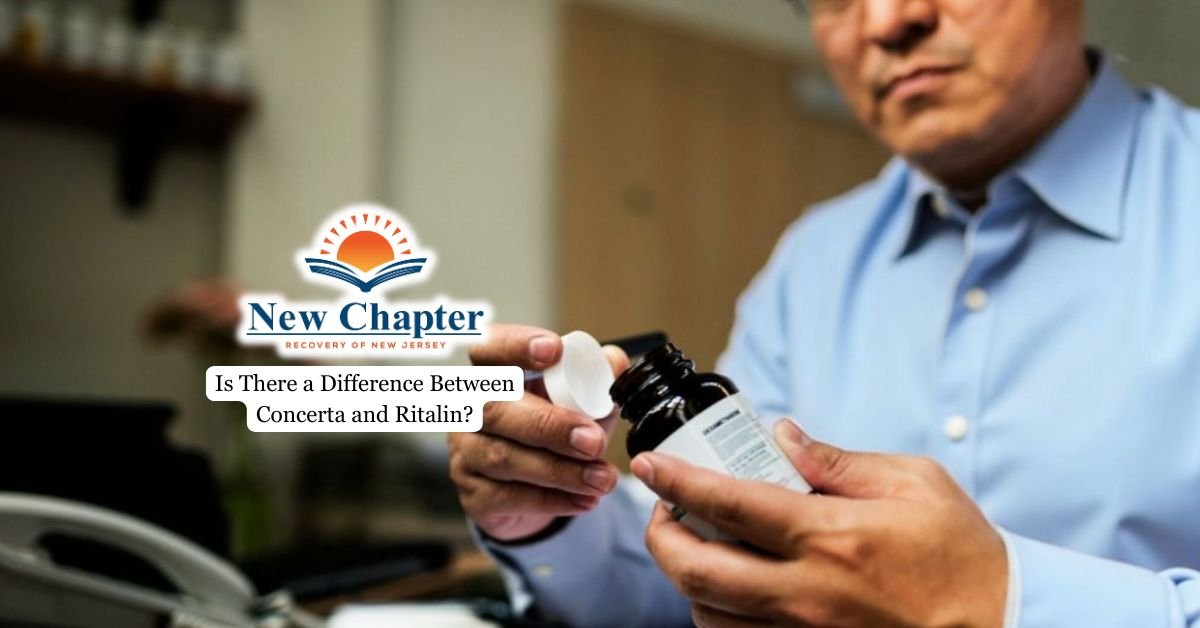In addition to behavioral shifts, physical symptoms such as excessive drowsiness, impaired coordination, and slurred speech may indicate prescription drug dependence. These warning signs may start subtly but can escalate over time, making early recognition crucial.
Understanding these behavioral and physical indicators allows you to take proactive steps in supporting your loved one’s recovery. By being vigilant and informed, you can help them seek the necessary treatment before their addiction worsens.

Overview
Prescription drug addiction may present with various behavioral changes and physical symptoms that can indicate a problem requiring attention.
Behavioral signs of prescription drug addiction often include mood swings, dishonesty, and secretive behavior. Individuals may become more isolated, lose interest in once enjoyable activities, and have strained relationships with loved ones.
Physical symptoms of prescription drug abuse can vary from drowsiness and confusion to impaired coordination and slowed breathing. These signs shouldn’t be overlooked, as they may signal a serious issue that needs immediate intervention.
Early identification of these warning signs is key to successful intervention and treatment. By staying alert and recognizing the signs of prescription drug addiction, you can take proactive steps to support yourself or a loved one in seeking help and embarking on the path to recovery.
Common Prescription Drugs of Abuse
Various classes of prescription drugs are commonly misused and abused, potentially leading to addiction. Opioid painkillers, such as Oxycodone and Vicodin, are frequently abused, with a high risk of dependence and addiction if misused.
Anti-anxiety medications like Xanax and Valium are also commonly misused, initially taken to manage anxiety but often resulting in tolerance and dependence.
Stimulant medications like Adderall and Ritalin, typically prescribed for ADHD, are prone to misuse for their perceived cognitive-enhancing effects or euphoric highs.
Additionally, sedatives like Ambien and Lunesta, known for their relaxing and sleep-inducing properties, are often misused, potentially leading to addiction and withdrawal symptoms upon discontinuation.
It is crucial to understand the dangers associated with prescription drug misuse and adhere strictly to healthcare professionals’ prescriptions. If there are concerns about prescription drug addiction, seeking help from a qualified medical professional promptly is recommended.
Read our detailed article on the most addictive prescription drugs.
Behavioral Changes
Prescription drug addiction often presents with subtle behavioral changes that can escalate over time. Look out for signs such as mood swings, secretive behavior, irritability, social withdrawal, and loss of interest in previously enjoyed activities.
Changes in sleep patterns, such as excessive sleeping or insomnia, may also be indicative of a problem.
As the addiction progresses, individuals may neglect their responsibilities at work, school, or home. They might engage in doctor shopping, seeking multiple prescriptions from different healthcare providers.
Dishonesty and deception become common as they try to conceal their drug use from loved ones. It’s crucial to recognize these behavioral changes early on as warning signs of prescription drug abuse.
The Psychological Impact of Prescription Drugs Addiction
Prescription drugs addiction not only affects a person physically but also takes a severe toll on their mental well-being. Individuals struggling with addiction often experience heightened anxiety, depression, and irritability, which can lead to further substance misuse as a way to self-medicate. Their ability to make rational decisions may also be impaired, increasing the risk of risky behaviors.
Over time, prolonged misuse of prescription drugs can disrupt brain chemistry, making it harder for individuals to regulate emotions and manage stress without the substance. This cycle of dependency can contribute to feelings of isolation and hopelessness, further reinforcing addictive behaviors. Addressing the psychological impact of prescription drug addiction through therapy and counseling is essential in achieving long-term recovery.

Physical Signs and Symptoms
Physical signs and symptoms of prescription drug addiction can initially be subtle but become more pronounced as the addiction progresses. Changes in weight, appetite, and sleep patterns may be observed in individuals struggling with prescription drug abuse.
Common physical symptoms include drowsiness, slurred speech, and impaired coordination, impacting their daily functioning and safety. As physical dependence develops, signs like slowed breathing, nausea, and headaches may manifest when the drug is unavailable.
Other physical indications such as needle marks, skin infections, or gastrointestinal problems could signal prescription drug addiction. Look out for tremors, dilated pupils, and poor hygiene, as these could indicate a worsening situation.
Withdrawal Symptoms
Abrupt cessation of prescription drug use can lead to withdrawal symptoms indicative of physical dependence and addiction. These symptoms, such as nausea, anxiety, insomnia, and muscle pain, may vary in intensity based on the specific drug and individual characteristics, including mental health. Typically lasting one to two weeks, the withdrawal period can extend for individuals with severe prescription drug addiction.
Managing withdrawal symptoms without professional assistance can pose serious risks, including life-threatening situations. Seeking guidance from a healthcare provider or addiction specialist is crucial for a safe withdrawal process. These professionals offer support, monitoring, and medications to alleviate discomfort and prevent complications.
Intervention Strategies
If you suspect a loved one is struggling with prescription drug addiction, carefully planned intervention strategies can be crucial in helping them acknowledge the issue and consider treatment options. Intervention strategies typically involve close family members, friends, or healthcare professionals coming together to address the individual’s addiction and express their concerns.
Consider seeking the guidance of professional interventionists who can assist you throughout the intervention and offer valuable support. They can help navigate the complexities and emotions that may arise during the intervention.
Remember, the primary objective of an intervention is to encourage the individual to accept help and embark on the path to addiction recovery. Learn more about our prescription drug addiction treatment programs in New Jersey.
Final Thoughts From New Chapter Recovery on Prescription Drugs Signs and Symptoms of Addiction
If you suspect that you or someone close to you is battling prescription drug addiction, it’s essential to act swiftly.
Don’t let the fear of confrontation or judgment hinder you from reaching out for help. Remember, addiction is a treatable condition, and with the right support and intervention, recovery is possible.
Trust your instincts, and if the signs and symptoms align, take the necessary steps to address the issue before it escalates further.
Frequently Asked Questions
Can prescription drug addiction happen even when taking medication as prescribed?
Yes, prescription drug addiction can develop even when taking medication as directed, especially with opioids, benzodiazepines, and stimulants. Prolonged use can lead to physical dependence, and some individuals may unknowingly develop tolerance, requiring higher doses to achieve the same effect. It’s important to follow medical guidance and monitor any changes in usage or dependence.
Are certain people more prone to prescription drug addiction than others?
Yes, factors such as genetics, mental health conditions, a history of substance abuse, and environmental influences can increase the risk of prescription drug addiction. Individuals with a family history of addiction or those experiencing chronic pain or psychological distress may be more vulnerable. Personal coping mechanisms and social support also play a role in determining addiction susceptibility.
Can stopping prescription drugs suddenly be dangerous?
Yes, abruptly stopping certain prescription drugs-especially opioids, benzodiazepines, and antidepressants-can lead to severe withdrawal symptoms, including seizures, extreme anxiety, and even life-threatening complications. Medical supervision is often necessary to ensure a gradual and safe tapering process. Seeking professional guidance can help prevent serious health risks associated with sudden discontinuation.
Can prescription drug addiction lead to long-term health complications?
Yes, prolonged misuse of prescription drugs can result in lasting physical and mental health issues, including organ damage, cognitive impairment, and mood disorders. Dependence on opioids may lead to respiratory issues, while long-term stimulant use can cause cardiovascular problems. Addressing addiction early through treatment can help prevent these long-term complications and support overall recovery.






